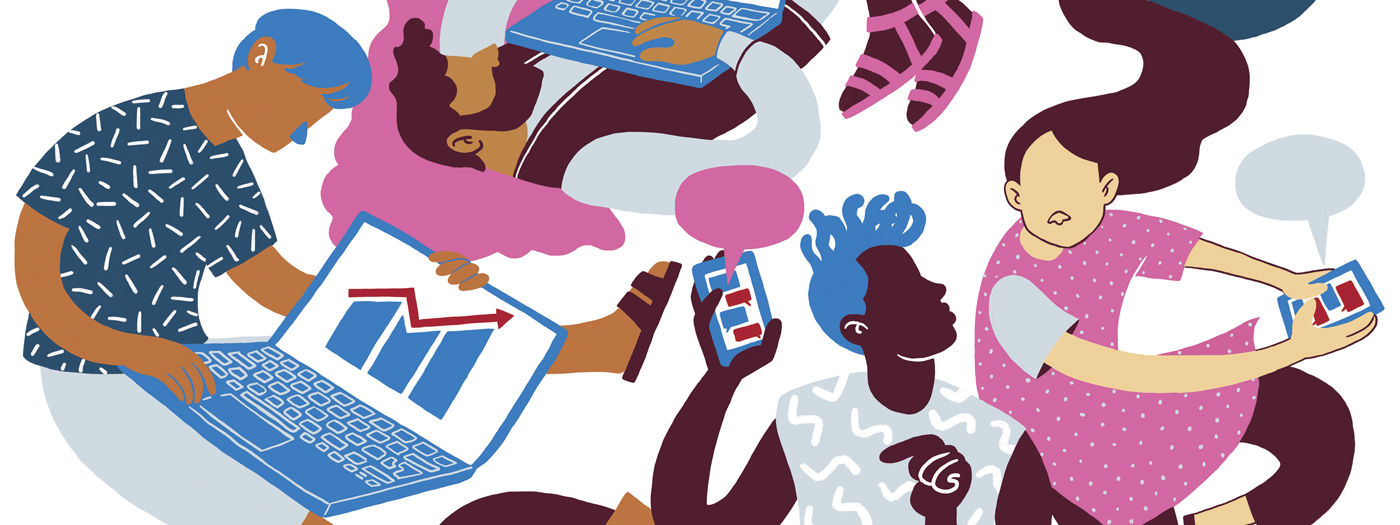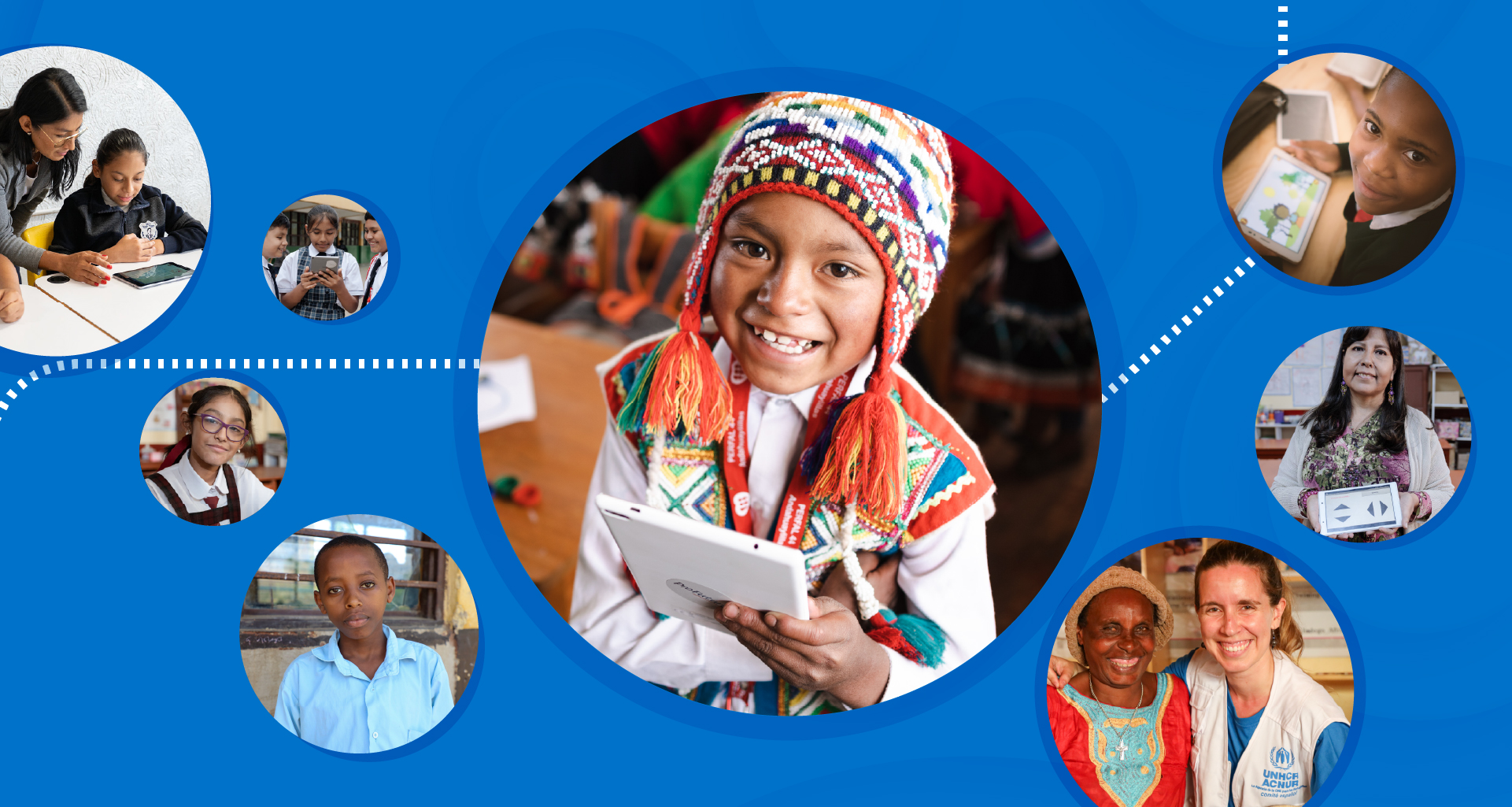We join in celebrating the #InternationalLiteracyDay inscribed within the framework of the 2030 Education Agenda, through which the international community has committed itself to guaranteeing a quality, inclusive, and equal education, as well as learning throughout the entire life of each and every one of us.
Digital technologies are changing the way people live, work, get educated, and socialize at an increasingly fast rate every in the world. These technologies offer new possibilities to people so that they can improve every aspect of their lives including access to information, the management of knowledge, to networks, social services, to industrial production, and the different modalities of work.
However, those who don’t have access to digital technologies, to the knowledge, skills, and competencies necessary to navigate through those networks may be left behind in the centre of societies that are increasingly digitalized. In this sense, (digital) literacy is one of the essential competencies.
Thus, in this context of the digital age, the meaning of being literate has also evolved. Examining how digital technology can help to reduce the gap in terms of literacy and to better determine which competencies are more necessary in the societies of today are the goal of this #InternationalLiteracyDay. An extremely important aspect considering the fact that there are 750 million illiterate individuals around the world who lack even the most basic reading-writing competencies. This population includes 102 million young people (between 15 and 24 years of age), 57% of whom are woman, according to data provided by the UNESCO Institute for Statistics.
The #InternationalLiteracyDay is celebrated each year all over the world and brings together governments, multilateral and bilateral organizations, NGOs, private sector stakeholders, communities, teachers, students, and specialists in the field. The goal is to emphasize the goals reached and to reflect about how to face the remaining obstacles with a view to promoting literacy as part of learning throughout our entire lives, both in and out of the 2030 Education Agenda framework.






